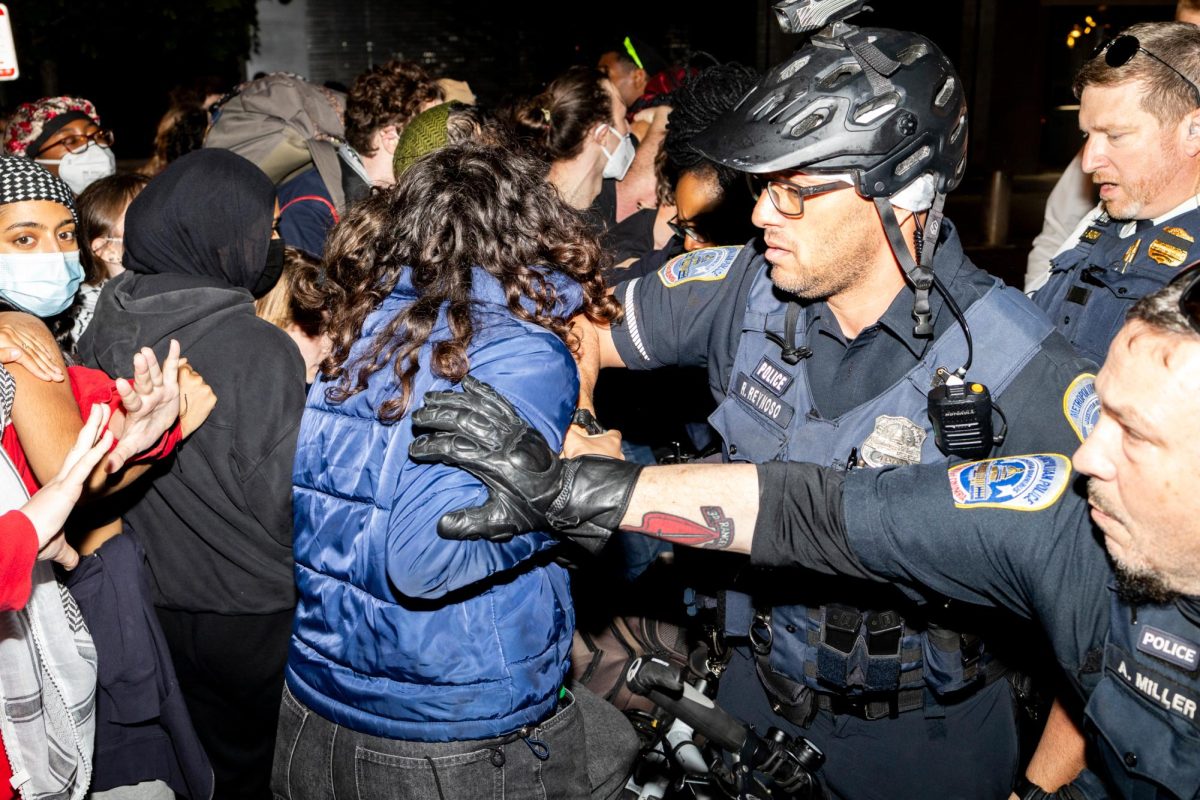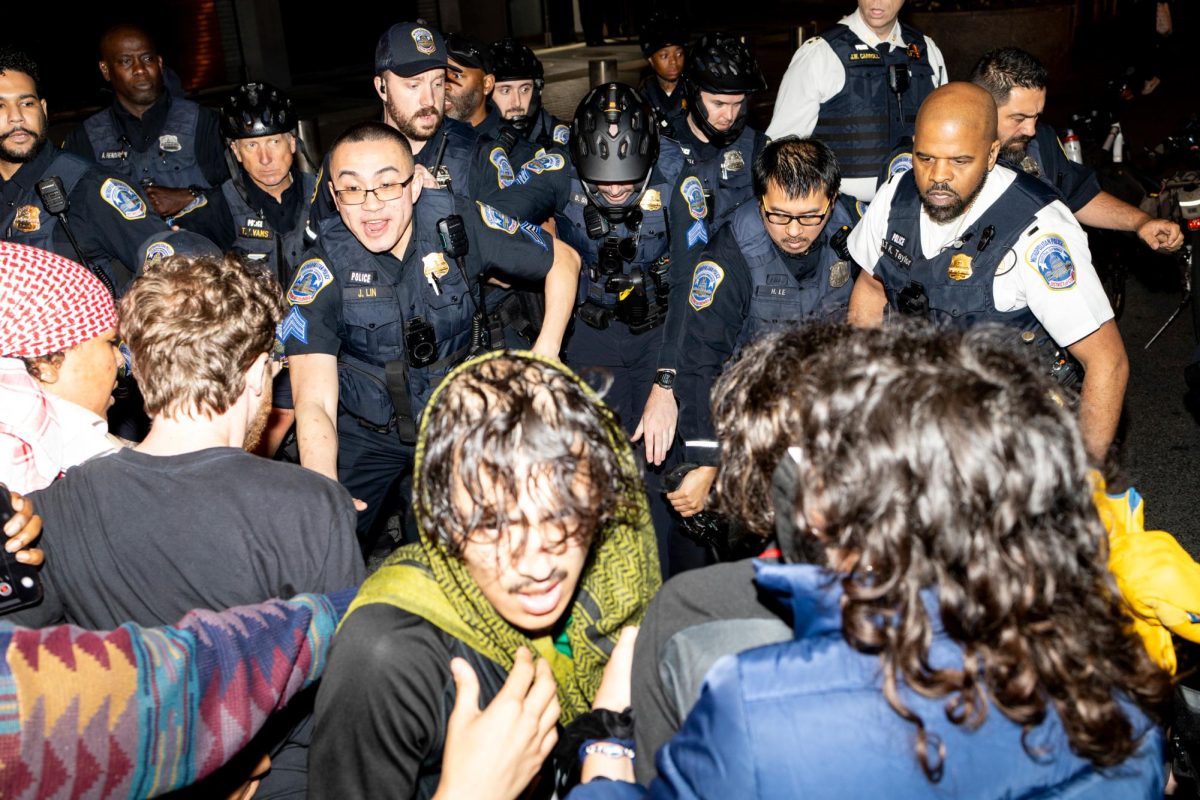Former U.S. President Jimmy Carter will speak at Lisner Auditorium next Thursday to discuss Middle Eastern affairs and his controversial book about the Israeli-Palestinian conflict.
The 39th president will speak from 1 to 2:15 p.m. as part of the third installment of the Middle East Policy Forum, a series of lectures put on by the Elliott School of International Affairs. Ambassador Edward “Skip” Gnehm, Kuwait professor of Gulf and Arabian Peninsula affairs, organized the forum and chose Carter to be the third speaker in the series.
The former U.S. ambassador to Kuwait and Jordan was able to get his fellow Georgian to speak at GW because he went to high school with several people who worked in the Carter administration.
“I said, ‘Heck, I’m going to pick up the phone and see if he wants to do one of his four or five speeches this spring at GW,'” Gnehm said, “and the answer came back ‘yes, indeed.'”
Media Relations Director Tracy Schario said the University as a whole benefits when speakers of Carter’s stature come to GW, especially when brought in by professors.
“(We appreciate) the role that our faculty play in helping to recruit top internationally renowned speakers … We think we’ll have an interesting dialogue with President Carter,” Schario said.
Students can pick up free tickets on a first-come, first-served basis from the TicketMaster in the basement of the Marvin Center starting Thursday. Organizers said students can only pick up one ticket per GWorld card.
Carter, who brokered the Camp David peace accords between Israel and Egypt, surprised many in November with the controversial thesis “Palestine: Peace Not Apartheid.” In the New York Times bestseller, the former president argues that Israel’s control over formerly Palestinian territories has been the fundamental roadblock to peace.
The Jewish-American community and many supporters of Israel have been angry over the comparison between Israelis and the racist South African regime that oppressed Africans during Apartheid. Nationally acclaimed publications like the New Yorker and the New Republic have printed columns condemning Carter, and 15 board members of the nonprofit Carter Center resigned in January because of the book.
Gnehm said Carter’s staff members told him that the former president wrote the book to bring the Israeli-Palestinian conflict onto the national agenda.
“He wrote the recent book because he wanted to start a public debate about the peace issue,” Gnehm said. “(T)here was a strong reaction to that book, and he has undertaken a series of speeches … to basically give a chance for the public to continue to talk about the issue.”
Rob Fishman, executive director of GW Hillel, said that while Carter has a right to speak on campus, he does not agree with the statesman’s perspective on Israeli-Palestinian relations.
“Look at the (book’s) title. The comparison of Israel to Apartheid is an immediately inappropriate allegation … I truly believe that Mr. Carter believes what he says, and that’s what scares me a great deal,” Fishman said.
The head of GW’s center for Jewish campus life said he doesn’t want to discourage Jewish students from attending, but rather would welcome them to question Carter during the discussion.
Schario said the University is fully aware of the divisive nature of Carter’s book, but hopes students will be courteous during his visit.
“If people want to have a contradictory or critical opinion, we welcome that,” Schario said. “We hope they do that in a respectful manner.”
She added that the president’s recent trips to Emory and Brandeis universities were successful, even in spite of vocal opposition. Additional security may be needed, Schario said, if those unhappy with the speech get out of hand.
The final speaker in the Middle East Policy Forum will be Sallai Meridor, Israel’s ambassador to the United States, Gnehm said. He will speak on campus April 20.
-Brandon Butler contributed to this report.







